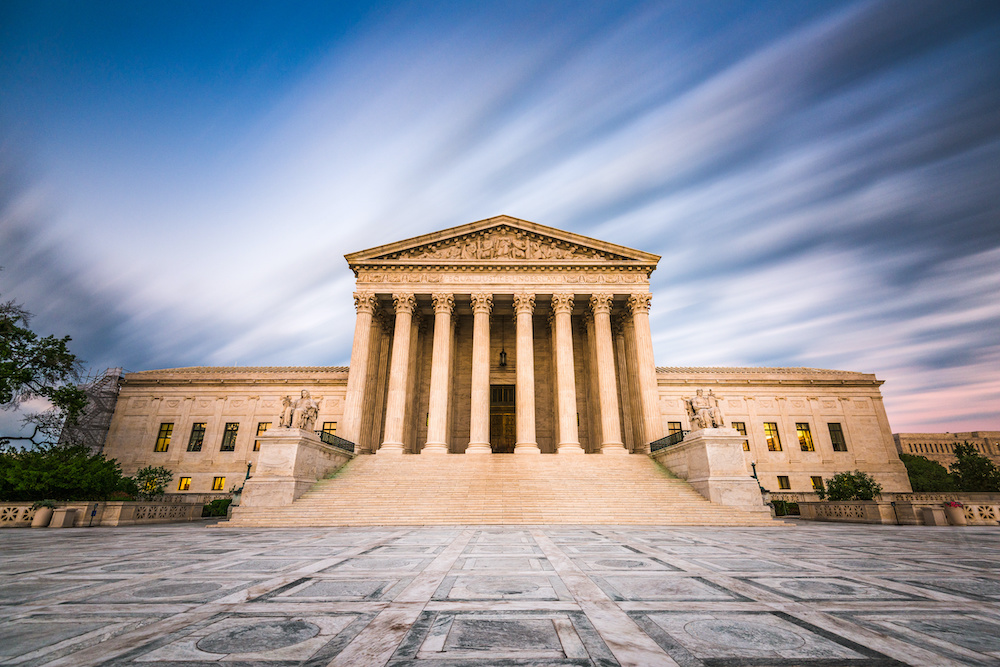
- Details
- By Chez Oxendine
- Policy and Law
The U.S. Supreme Court on Monday declined to hear RunItOneTime LLC v. United States, ending a challenge to the Indian Gaming Regulatory Act and preserving the state of Washington’s tribal gaming compacts.
RunItOneTime, formerly known as Maverick Gaming, argued that IGRA unlawfully gave tribes exclusive rights to operate casinos and sports betting in Washington. The company, which owns cardrooms across the state, sued federal and state officials in 2022 and sought to invalidate all tribal compacts with the state.
The Shoalwater Bay Tribe, whose compact was directly targeted, intervened and argued that dismissal was required because Washington’s tribes were “indispensable parties” to any suit seeking to void their agreements. Both the U.S. District Court for the Western District of Washington and the U.S. Court of Appeals for the 9th Circuit agreed, holding that the case could not proceed without them.
“Maverick’s suit threatened Shoalwater’s bargained‑for gaming compacts, its economic welfare and its ability to fund critical government functions,” Shoalwater Bay Tribe Chairman Quintin Swanson said in a statement provided by the Native American Rights Fund.
Prior reporting by Tribal Business News showed that Maverick’s litigation followed Washington lawmakers’ 2020 decision to limit sports betting to tribal casinos through compact amendments. Maverick argued that the law created an unfair monopoly, but courts found that tribes’ sovereign interests in their compacts could not be litigated without their consent.
The U.S. Department of Justice also urged the high court to reject Maverick’s petition, and the Ninth Circuit’s ruling now stands as the final word. By denying review, the Supreme Court left intact Washington’s tribal gaming framework and reinforced the strength of tribal sovereignty under IGRA.
“The Supreme Court has once again rejected a meritless suit that sought to attack the very heart of Tribal rights,” said NARF Staff Attorney Lenny Powell in a statement.
